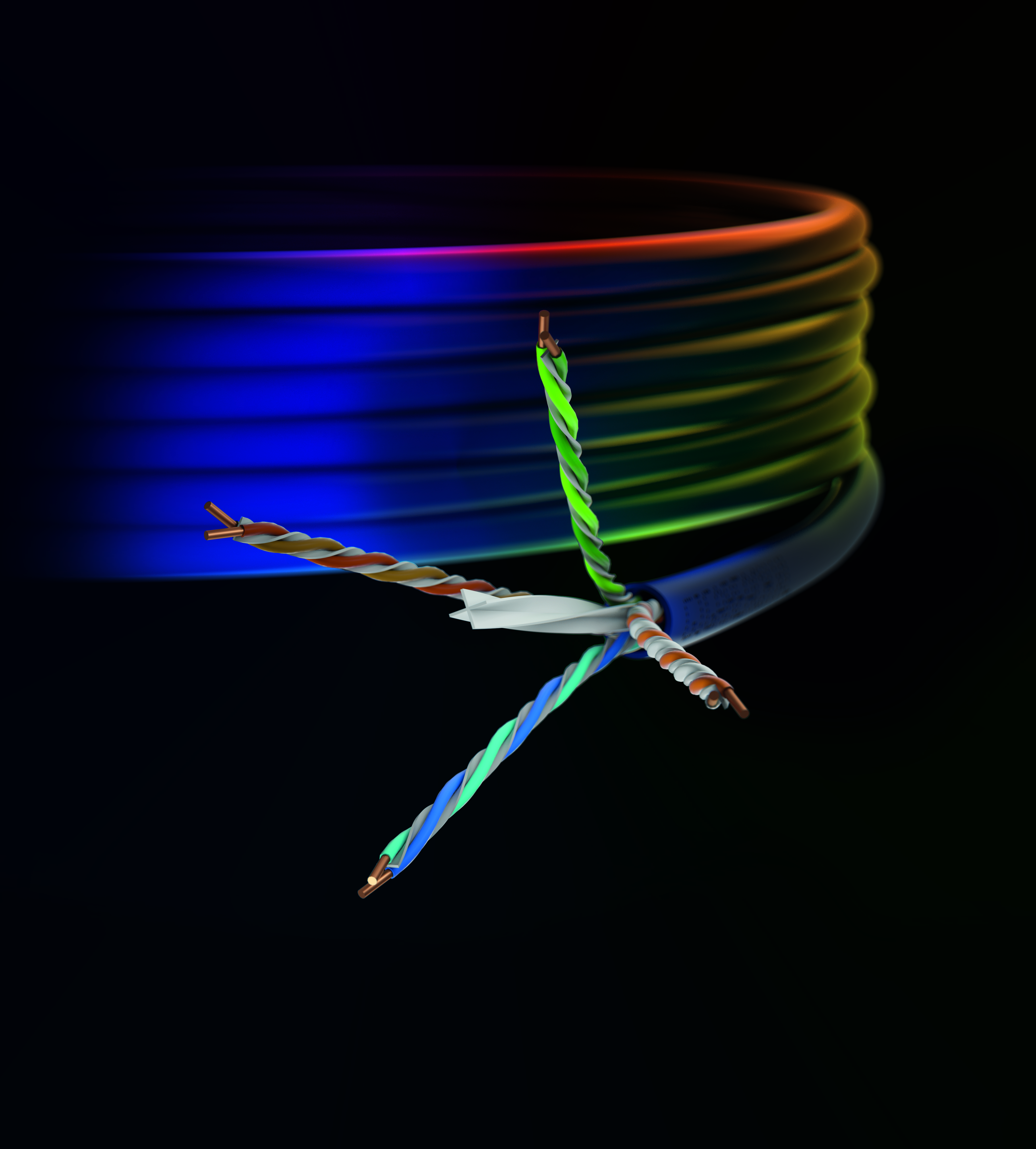Every parent will tell you how hard it is to keep track of people and things, even in a small single-family home. And every business owner will tell you that their challenge is orders of magnitude larger, especially in multi-dwelling units (MDUs) such as dormitories, hotels, assisted living facilities or apartment and condo complexes. Owners face a constant struggle to manage valuable assets such as equipment in facilities with hundreds of rooms and multiple buildings that can span acres. In an emergency, such as if a staff member, resident or guest is injured or lost, not being able to find that person is every business owner’s nightmare. Solving these problems means improving asset management, customer experience, compliance and security, and ultimately reducing company-wide operational costs and risks. Bluetooth Low Energy (Bluetooth® Low Energy) beacons and tags are emerging as the number one technology to solve these problems. Compared to other technologies such as Wi-Fi, RFID or Zigbee, Bluetooth® Low Energy offers low cost, low power, long range and a vast mobile ecosystem. With 2M+ beacons shipped, Kontakt.io is the leading global BLE-powered location technology provider, a position we achieved through our scalable platform, high-quality hardware and an extensive educational support system. This ultimately reduces the business uncertainty and technical failure that is still common in IoT projects. As the market matures, we want to enable enterprises to deploy location solutions without adding further complexity to their existing infrastructures. For this to succeed, interoperability is key. Thanks to the partnership with the Ruckus team, we can now roll out solutions at a fraction of the complexity. What’s more, with an existing wireless infrastructure, we make deploying, managing and controlling any Kontakt.io-powered BLE solution easier than ever, using our API and a single dashboard. This is why we have decided to natively integrate our platform with Ruckus Networks’ newly launched IoT Suite. Business owners can finally use a standard Wi-Fi network to deploy a wide range of IoT devices throughout large facilities, easily, cost-effectively and securely. The Ruckus IoT Suite gives them IoT-ready wireless access points, IoT modules that enable edge device connectivity based on a range of standards—including BLE—and controllers that make connecting, securing and managing devices easy through Kontakt.io’s application layer. Imagine the possibilities. At this year’s Mobile World Congress, for instance, we demoed a golf-ball-sizedBluetooth® Low Energy beacon that includes a panic button. Bluetooth® Low Energy Cards and Tags can be given to guests or residents to use in case of an emergency, allowing first responders to quickly locate them wherever they are. With real-time location sent to a central monitoring dashboard, these personal beacons can also help building managers restrict access to unsafe areas, with an easy-to-deploy network of stationary and mobile alarms.  We are thrilled to be working with Ruckus Networks, who combines an entrepreneurial can-do approach with a well-established and respected commitment to functionality, security and ease-of-use. With our combined dedication to the hospitality market, we’re excited to have this strong basis for our continued innovation in asset-tracking and location-based services without the need for costly radio networks and power-hungry GPS tracking systems. This collaboration will add significant value to customers already using Ruckus access points, as well as simplify new projects in search of a premium hardware and ease-of-use experience. We have chosen to work with Ruckus Networks as we both share the vision of simplifying the IoT. I am excited to see the opportunities unfold in the upcoming quarters and years ahead. It surely gets us one step closer to digitalizing the physical world.
We are thrilled to be working with Ruckus Networks, who combines an entrepreneurial can-do approach with a well-established and respected commitment to functionality, security and ease-of-use. With our combined dedication to the hospitality market, we’re excited to have this strong basis for our continued innovation in asset-tracking and location-based services without the need for costly radio networks and power-hungry GPS tracking systems. This collaboration will add significant value to customers already using Ruckus access points, as well as simplify new projects in search of a premium hardware and ease-of-use experience. We have chosen to work with Ruckus Networks as we both share the vision of simplifying the IoT. I am excited to see the opportunities unfold in the upcoming quarters and years ahead. It surely gets us one step closer to digitalizing the physical world.
Kontakt.io and Ruckus Make It Easy to Manage People and Equipment
With our combined dedication to the hospitality market, we have a strong basis for our continued innovation in asset-tracking and location-based services.














